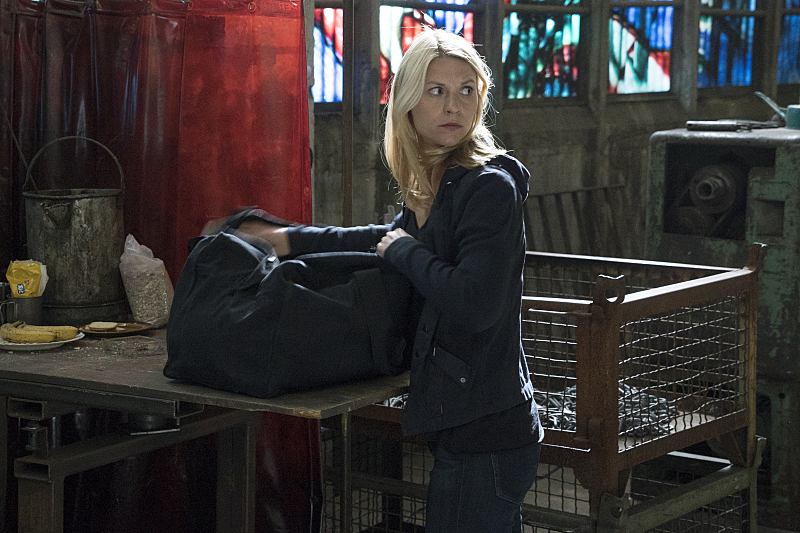
- Select a language for the TTS:
- UK English Female
- UK English Male
- US English Female
- US English Male
- Australian Female
- Australian Male
- Language selected: (auto detect) - EN
Play all audios:
* Brain cancer symptoms include a severe headache * See a GP if you have a persistent headache * Other signs of a brain tumour include drowsiness and vision problems * Brain cancer causes
symptoms as tumours take up space inside the skull Brain tumour symptoms vary depending on which part of brain is affected by the cancer, according to the NHS. The tumour is caused by a
growth of cells in the brain that multiply in an unusual way, it said. Signs of the condition can include seizures, persistent nausea, vomiting and drowsiness. Severe headaches could also be
a sign of brain cancer, and you should be checked out by a GP. “Headaches are a very common symptom of illness,” said Cancer Research UK. “It's unlikely you have a brain tumour if a
headache is your only symptom. “But see a doctor if you have very bad headaches [especially if you wake each day with a headache], or are having headaches more and more often.” You should
also see a GP if you develop headaches when you didn’t have them before, or if you have headaches and nausea together. Brain tumours cause symptoms because they take up space inside the
skull. Drowsiness or difficulty with vision may be signs of brain cancer. If your GP can’t identify a more likely cause for your symptoms, they may refer you for further checks with a
neurologist. Brain tumours can affect people of all ages, and more than 9,000 people are diagnosed with the cancer in the UK every year. You’re more likely to develop a brain tumour as you
get older, although some types are more common in children. Exposure to radiation could also increase your risk of brain cancer, the NHS said. About 15 per cent of brain cancer patients
survive for five years or more after being diagnosed. More than 5,000 people die from brain tumours in the UK every year.










